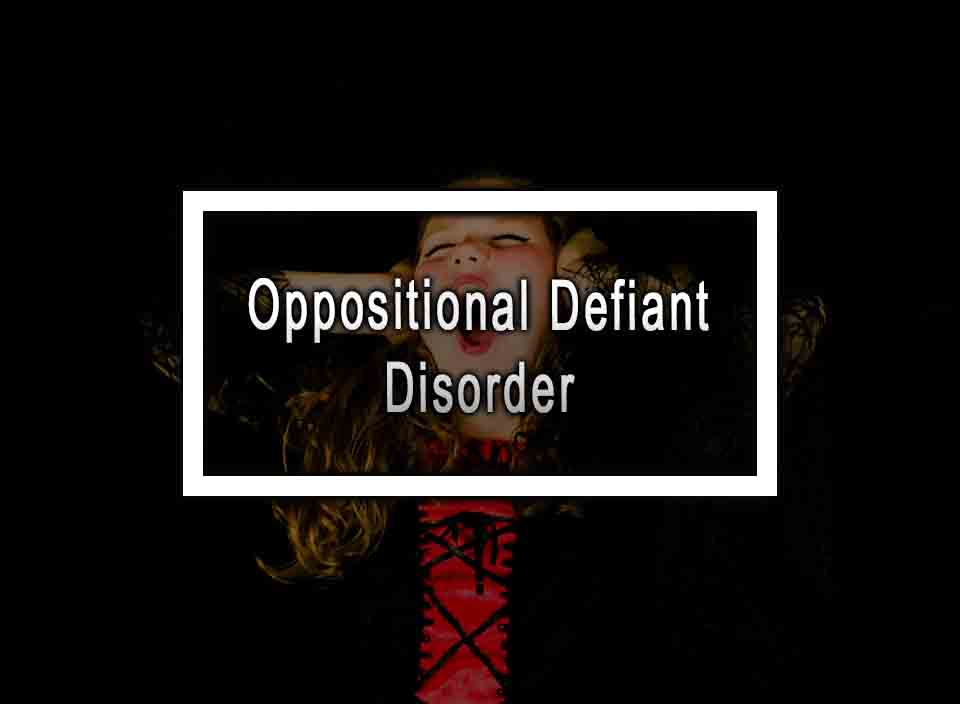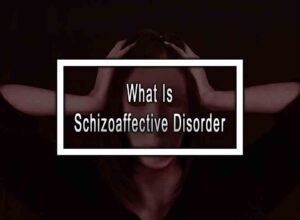Oppositional defiant disorder, or ODD, is a diagnosed behavioral disorder that usually affects children in their late adolescence years. Children with this condition can be defined as troubled individuals that seem to have a problem with authority and find it difficult to follow orders and rules. They also tend to be extremely hostile and argumentative, have difficulty maintaining friendships, and have poor academic performance. ODD can be a complex condition, as it is often linked with other problems like ADHD and other learning disabilities. Parents, teachers, and caregivers alike should be aware of this condition, its symptoms, and its treatments, to give children the best chance of overcoming it.
Table of Contents
ToggleSymptoms Of Oppositional Defiant Disorder
ODD is a complex condition and one that is often misdiagnosed. Children with ODD seem to be irritated by even the simplest of things, and they can become hostile for no apparent reason. Symptoms of ODD include a severe argumentative attitude, a negative predisposition towards school, peers, and friends, and the refusal to follow rules or orders. Children with ODD may have a short temper, flat-out refuse to put in extra effort academically and engage in reckless behavior that puts themselves and their peers at risk. They may also have a hard time maintaining relationships and friendships due to their hostile demeanor.
Oppositional Defiant Disorder Causes
As with most psychological conditions, ODD is likely caused by a variety of different factors. Some of the potential causes of ODD include a lack of a stable family environment, parental neglect or abuse, a traumatic event, and even genetic predisposition. Additionally, children with ODD may have difficulty adjusting to change and may struggle with change, such as family moves, transitions to new schools, or changes in routine.
Treatment
There is no one specific treatment for ODD, as it is a condition that affects each child differently. Some of the common treatment options for ODD include medication, such as antidepressants, behavioral therapy, and coaching in socialization skills. Parents and caregivers can also benefit from courses that will teach them how to positively reinforce healthy behavior, set boundaries, and set achievable goals to help children with ODD meet their aspirations. It is important to note that early intervention for ODD can be key to giving children a better chance of overcoming the condition. The key is to identify the problem as early as possible and to work towards resolving the problem with a multi-faceted approach that includes medication and therapy, as well as education and socialization skills coaching.
Conclusion
Oppositional defiant disorder is a challenging condition for any parent or caregiver to deal with. Despite how frustrating this condition can be, it is important to remember that ODD is a condition that can be treated. As parents, educators, and caregivers, we need to identify the symptoms of ODD and work towards early intervention to give children the best chance of living happy, productive lives. By taking steps to seek the advice of medical professionals, pursuing socialization skills coaching, and taking medication, children with ODD can better understand and cope with their condition, so they can enjoy the happy childhood they deserve. Anyone can help a child with ODD overcome the condition by working in tandem with them toward a brighter future.
Oppositional Defiant Disorder FAQ
Here are the most common questions about oppositional defiant disorder.
How is an oppositional defiant disorder diagnosed?
ODD is diagnosed by a mental health professional, such as a psychiatrist or clinical psychologist, who will evaluate the child’s behavior and the frequency and severity of the symptoms. The diagnosis may be made based on the criteria listed in the Diagnostic and Statistical Manual of Mental Disorders (DSM-5).
What is the prognosis for oppositional defiant disorder?
The prognosis for children with ODD varies, but early intervention and treatment can be helpful in managing its symptoms. With appropriate treatment, children with ODD can learn to manage their behavior and develop healthier relationships with adults and peers. If left untreated, ODD can lead to more serious behavioral problems, such as conduct disorder.
What is the difference between oppositional defiant disorder and conduct disorder?
ODD and conduct disorder (CD) are both behavioral disorders, but they differ in severity and scope. ODD involves persistent disobedience and defiance, but children with ODD generally do not engage in extreme antisocial behaviors such as stealing, physical violence, or animal cruelty. CD, on the other hand, involves a pattern of serious violations of rules and laws, such as theft, vandalism, and physical aggression toward people and animals.
Can oppositional defiant disorder be prevented?
There is no surefire way to prevent ODD, but there are steps that parents and caregivers can take to reduce the risk of developing the disorder. These include providing a stable and supportive family environment, using positive reinforcement and consistent discipline, modeling appropriate behavior, and seeking help early if the child shows signs of behavior problems.
Can adults have oppositional defiant disorder?
While oppositional defiant disorder is typically diagnosed in children and adolescents, it is possible for adults to have the disorder. In adults, the symptoms of ODD may be less overt and may manifest as difficulties with authority figures, a pattern of noncompliance with social norms and rules, and problems with interpersonal relationships. However, the prevalence and diagnosis of ODD in adults are not well-known, and there is ongoing debate and discussion in the mental health field about the validity and accuracy of diagnosing ODD in adults.
More like this: Dependent Personality Disorder












